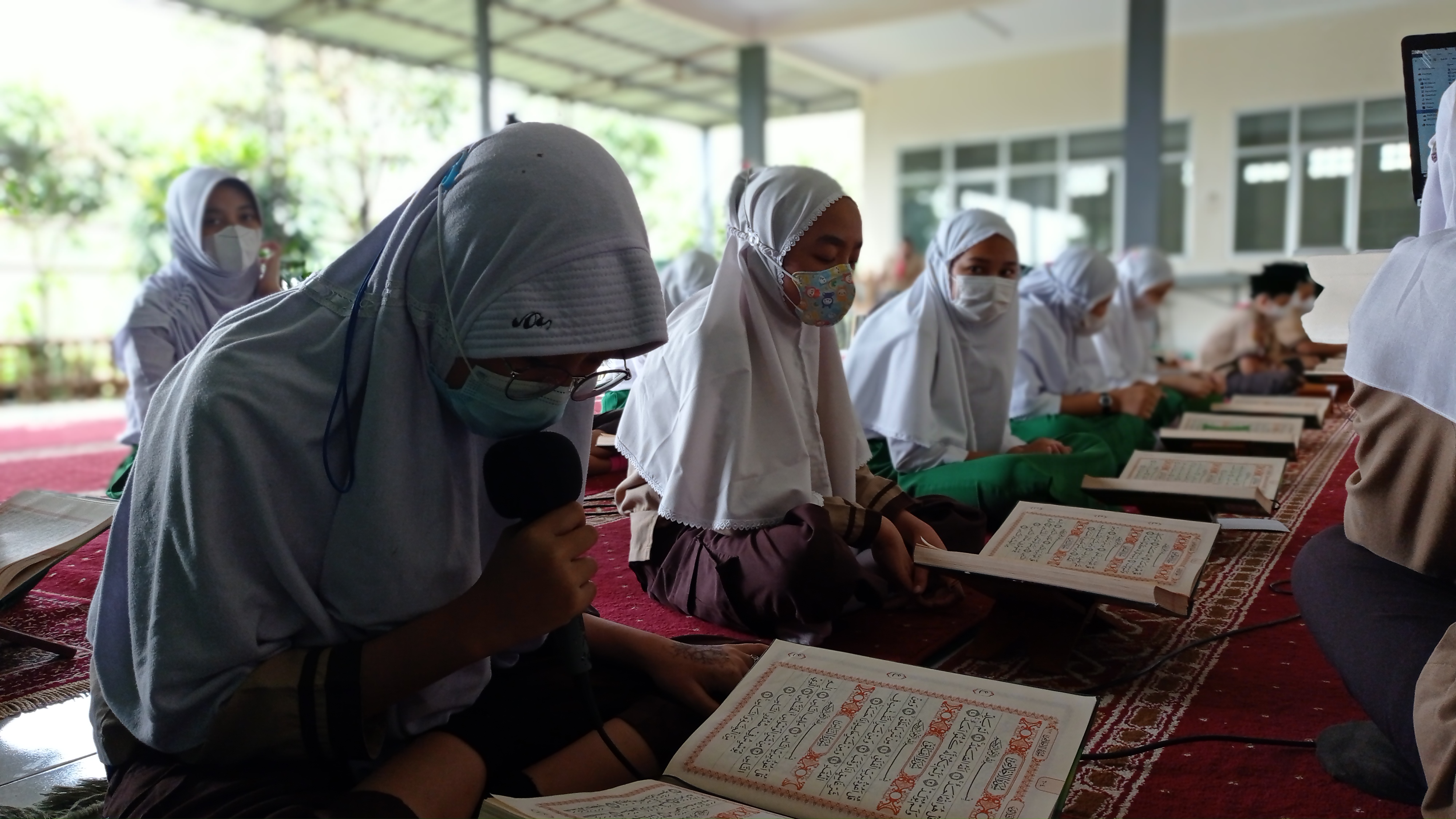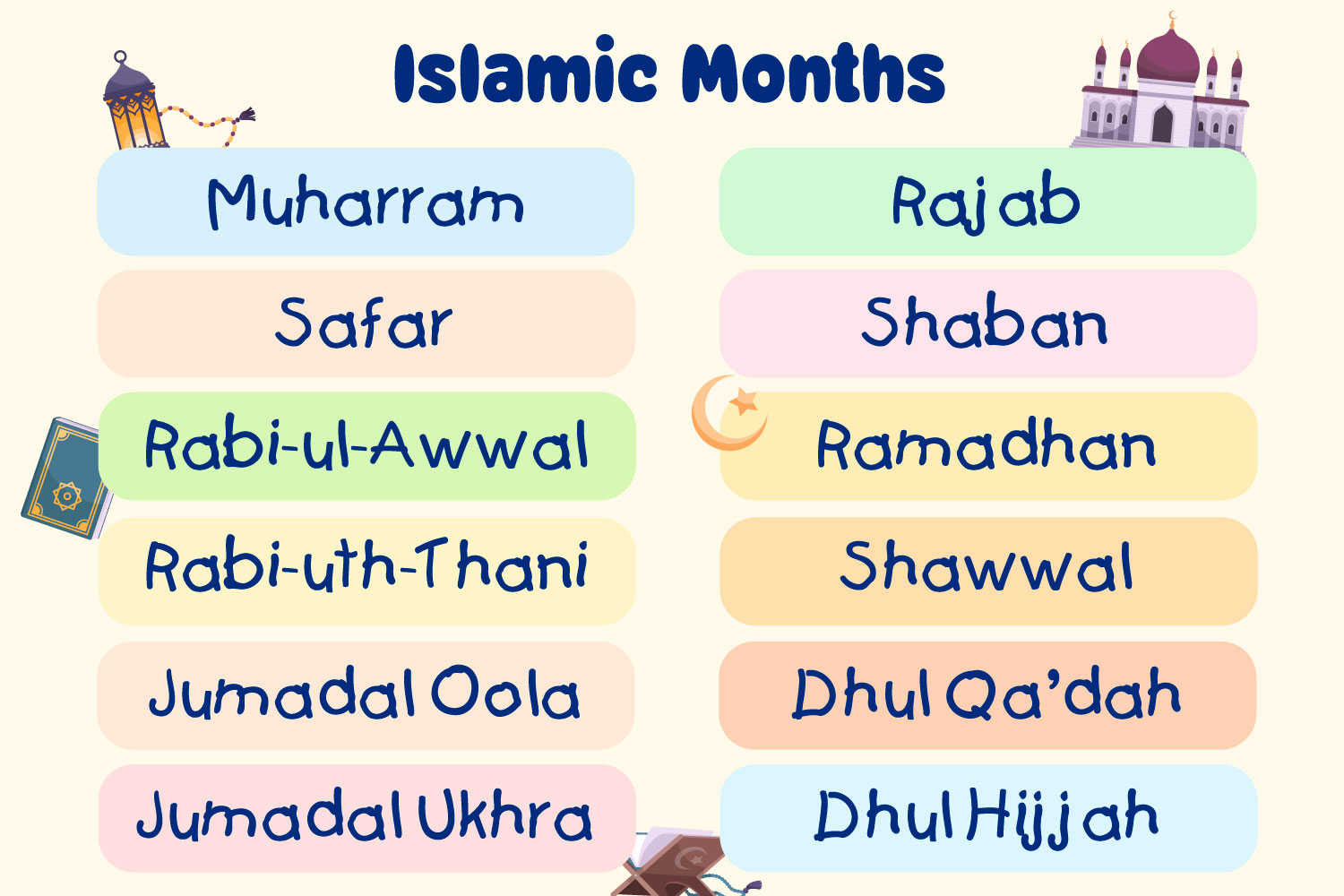The Significance of Yaum al-`Āshūrā’ and the Ultimate Days of the Islamic Calendar
Associated Articles: The Significance of Yaum al-`Āshūrā’ and the Ultimate Days of the Islamic Calendar
Introduction
With enthusiasm, let’s navigate by the intriguing subject associated to The Significance of Yaum al-`Āshūrā’ and the Ultimate Days of the Islamic Calendar. Let’s weave fascinating info and supply recent views to the readers.
Desk of Content material
The Significance of Yaum al-`Āshūrā’ and the Ultimate Days of the Islamic Calendar
The Islamic calendar, a lunar calendar, consists of twelve lunar months, totaling roughly 354 days. In contrast to the Gregorian calendar, its months don’t align with particular seasons, shifting step by step all year long. This distinctive attribute lends a cyclical, nearly religious rhythm to the Islamic 12 months, culminating within the last days, a interval typically marked by reflection, repentance, and anticipation of the brand new 12 months’s blessings. Whereas the precise date varies yearly, the ultimate days invariably maintain deep significance for Muslims globally, significantly the tenth of Muharram, often called Yaum al-`Āshūrā’.
This text will delve into the profound significance of the final days of the Islamic calendar, specializing in the multifaceted significance of Yaum al-`Āshūrā’ and its place inside the bigger context of the 12 months’s concluding interval. We’ll discover its historic context, the assorted rituals and traditions noticed, and the religious classes it imparts to believers.
Yaum al-`Āshūrā’: A Day of Remembrance and Repentance
The tenth of Muharram, Yaum al-Āshūrā', holds a central place within the last days of the Islamic calendar. Its title derives from the Arabic phrase "Āshūr," that means "ten," signifying the tenth day of the month. The day carries immense historic and non secular weight, primarily related to the Prophet Musa (Moses) and the miraculous deliverance of the Israelites from the Pharaoh’s tyranny. The Quran mentions this occasion in Surah Al-Baqarah (2:49-50), highlighting God’s salvation of the Youngsters of Israel. This historic context imbues Yaum al-`Āshūrā’ with a way of divine intervention and the triumph of fine over evil.
The Prophet Muhammad (peace be upon him) inspired fasting on at the present time, emphasizing its religious significance. He said: "I hope that Allah will settle for my quick on at the present time as expiation for the sins of the previous 12 months." (Bukhari and Muslim). This hadith highlights the day’s capability for religious cleaning and the chance for looking for forgiveness for previous transgressions. The act of fasting, a cornerstone of Islamic observe, is amplified on Yaum al-`Āshūrā’, changing into a potent act of devotion and self-reflection.
Nonetheless, the importance of Yaum al-`Āshūrā’ transcends the narrative of Musa (Moses). It additionally carries a profound affiliation with the martyrdom of Imam Husayn, the grandson of the Prophet Muhammad, on the Battle of Karbala in 680 CE. This tragic occasion, a pivotal second in Islamic historical past, is commemorated by Shia Muslims with intense mourning and remembrance ceremonies. The martyrdom of Imam Husayn is seen as a logo of unwavering devotion to reality and justice within the face of oppression. The day, subsequently, turns into a potent reminder of the significance of standing up for one’s ideas and resisting injustice.
Observances and Traditions Throughout Totally different Islamic Sects:
The observance of Yaum al-`Āshūrā’ differs barely relying on the Islamic sect. Sunni Muslims primarily concentrate on fasting and looking for forgiveness, emphasizing the historic connection to the Prophet Musa (Moses) and the broader theme of divine mercy. They typically have interaction in acts of charity and prayer, reflecting on their very own lives and looking for religious renewal.
Shia Muslims, nonetheless, observe Yaum al-`Āshūrā’ with a profound sense of mourning and remembrance for Imam Husayn and his companions. Their commemorations typically contain processions, recitations of elegies (marthiya), and self-flagellation, expressing their grief and solidarity with the martyrs of Karbala. These rituals, whereas emotionally charged, function highly effective expressions of religion and a reaffirmation of their dedication to the ideas of justice and sacrifice.
The Ultimate Days: A Time for Reflection and Renewal:
Past Yaum al-`Āshūrā’, the ultimate days of the Islamic calendar are typically thought-about a time for introspection and preparation for the brand new 12 months. Muslims typically have interaction in acts of charity, looking for forgiveness for previous errors, and setting intentions for self-improvement within the upcoming 12 months. This era mirrors the final spirit of repentance and renewal that permeates the Islamic religion. It offers a possibility for believers to evaluate their religious state, strengthen their reference to God, and resolve to dwell a extra virtuous life.
Many Muslims spend this time in prayer, participating in elevated recitation of the Quran, and performing further acts of worship. Households typically collect for meals, strengthening bonds and fostering a way of neighborhood. The environment is mostly one in all solemnity and reflection, as people put together for the transition into a brand new 12 months, looking for divine steerage and blessings for the longer term.
The Significance of the New 12 months’s Eve:
The eve of the brand new Islamic 12 months, the twenty ninth of Dhul Hijjah or thirtieth relying on the sighting of the brand new moon, can be a major time. It marks the end result of the 12 months’s religious journey, offering a last alternative for reflection and setting intentions for the 12 months forward. Many Muslims spend this night time in prayer, looking for forgiveness and making dua (supplications) for a blessed new 12 months. The night time is commonly crammed with a way of hope and anticipation, as people look ahead to the alternatives and challenges that lie forward.
The Interaction of Historical past, Spirituality, and Neighborhood:
The ultimate days of the Islamic calendar are usually not merely a chronological marker; they’re a vibrant tapestry woven with threads of historical past, spirituality, and neighborhood. The occasions and traditions related to this era function highly effective reminders of essential historic moments, reinforcing the significance of religion, justice, and sacrifice. The rituals and practices noticed foster a deeper reference to God and strengthen the bonds inside the Muslim neighborhood.
The emphasis on repentance, forgiveness, and self-improvement underscores the continuing religious journey of the believer, highlighting the significance of fixed striving for ethical excellence. The ultimate days of the Islamic calendar, subsequently, function a potent reminder of the cyclical nature of life, the significance of reflection, and the continuing pursuit of religious development. They supply a strong framework for private renewal and a collective reaffirmation of religion, shaping the religious panorama of the Muslim world. By understanding the importance of those last days, we achieve a deeper appreciation for the richness and complexity of the Islamic religion and its profound impression on the lives of its followers. The concluding days, significantly Yaum al-`Āshūrā’, stay a strong testomony to the enduring legacy of religion, sacrifice, and the continual quest for religious enlightenment.




![[��LIVE] Yaum Al-Qur'an SD Al-Azhar Syifa Budi Jakarta Tahun 2023](https://i.ytimg.com/vi/zUwr5rPV8cA/maxresdefault_live.jpg)



Closure
Thus, we hope this text has offered invaluable insights into The Significance of Yaum al-`Āshūrā’ and the Ultimate Days of the Islamic Calendar. We hope you discover this text informative and helpful. See you in our subsequent article!